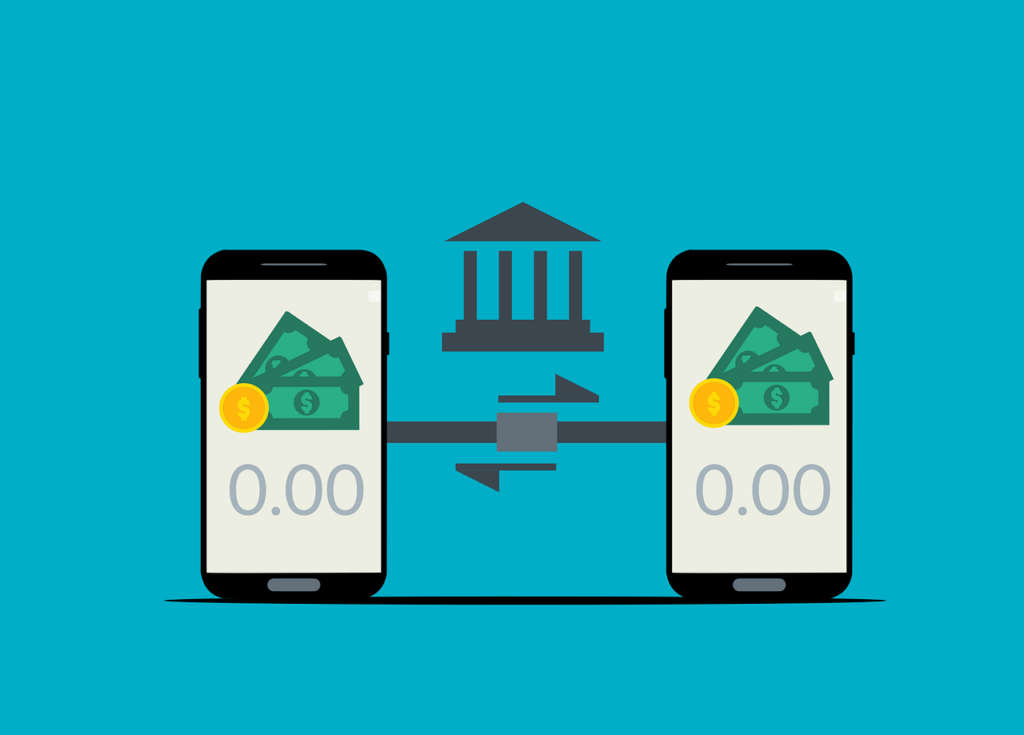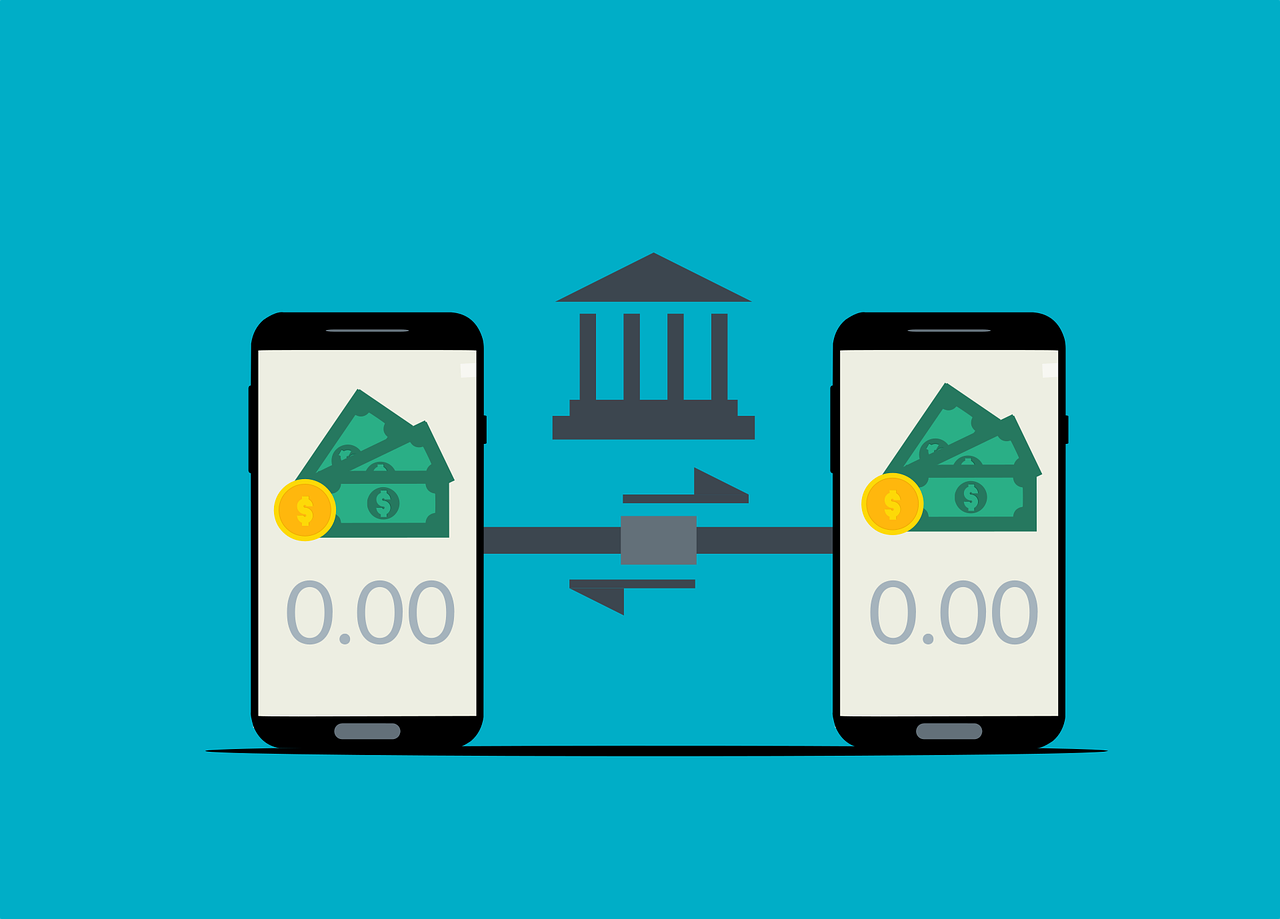In the fast-paced world of cryptocurrency, one essential tool stands between you and the decentralized universe of digital assets: the crypto wallet. Whether you’re an experienced crypto enthusiast or just stepping into the exciting realm of digital currencies, understanding crypto wallets is paramount. In this blog post, we’ll take you on a journey through the world of crypto wallets, exploring what they are, how they work, and why they are crucial for your cryptocurrency endeavors.

What is a Crypto Wallet?
At its core, a crypto wallet is a software or hardware tool designed to store, manage, and interact with cryptocurrencies. While it’s called a „wallet,“ it doesn’t store your digital assets in the way a traditional wallet holds physical cash. Instead, it stores your private keys, which are necessary for accessing and managing your cryptocurrencies on the blockchain.
Types of Crypto Wallets
Crypto wallets come in various forms, catering to different needs and preferences. Here are the main types:
- Software Wallets:
- Web Wallets: You can access these wallets using a web browser, making them particularly user-friendly for beginners. Examples include Coinbase and Binance.
- Mobile Wallets: Apps for smartphones that offer flexibility and portability. Popular options are Trust Wallet and Exodus.
- Desktop Wallets: Installed on your computer, these wallets offer more security than web wallets but are less portable. Electrum and Exodus are popular desktop wallet choices.
- Online Wallets: These are cloud-based wallets that provide accessibility from anywhere with an internet connection. MyEtherWallet is a notable example.
- Hardware Wallets:
- These are physical devices designed solely for the purpose of securing cryptocurrencies. Examples include Ledger Nano S and Trezor. Hardware wallets offer enhanced security as they store your private keys offline.
- Paper Wallets:
- A paper wallet is a physical document that contains your cryptocurrency address and private key in printed or QR code form. It’s entirely offline, making it highly secure.
How Crypto Wallets Work
Wallets work by generating and storing pairs of cryptographic keys: the public key (your address, where others can send you cryptocurrencies) and the private key (a secret code that unlocks access to your holdings). When you receive cryptocurrency, it is recorded on the blockchain as a transaction associated with your public key. To access and manage your funds, you use your private key to sign transactions.
Why Crypto Wallets are Crucial
- Security: Crypto wallets provide a secure way to store your private keys, protecting your assets from hacking and unauthorized access.
- Control: By owning your private keys, you have full control over your cryptocurrency holdings, eliminating reliance on third parties like exchanges.
- Portability: Mobile and web wallets offer the convenience of managing your assets on the go.
- Compatibility: Crypto wallets are compatible with various cryptocurrencies, allowing you to diversify your portfolio.
- Privacy: Some wallets prioritize user privacy, offering features like coin mixing and enhanced anonymity.
Conclusion
In the world of cryptocurrency, a wallet is your digital keyring to the blockchain kingdom. Whether you prefer the accessibility of software wallets, the security of hardware wallets, or the simplicity of paper wallets, choosing the right wallet for your needs is essential. Remember to prioritize security, perform regular backups, and never share your private keys. With a trustworthy crypto wallet by your side, you can confidently navigate the exciting and transformative world of digital assets.

















